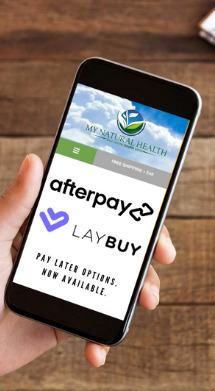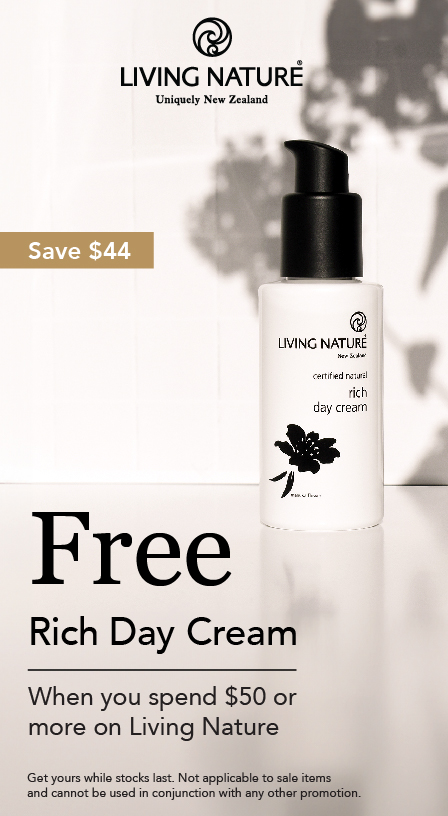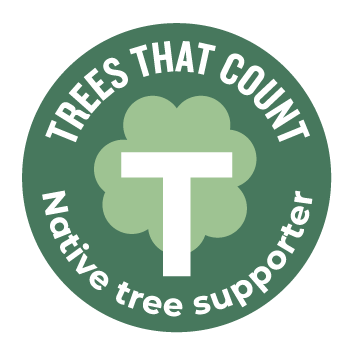Naman choudhary is a very patient person, both on a business trip, or on sick leave, he patiently answered my questions, thank you very much. If the shop will be able to reduce the cost of delivery to China ,I think there will be more orders.![]()
This article was taken from The Food matrters Website http://foodmatters.tv/articles/does-gluten-affect-you
By: Catherine Guthrie, Experience Life
Gluten troubles were once thought to be a problem primarily for those with celiac disease. But recent research indicates that gluten-related disorders extend to a far broader population, and affect far more than the digestive system.
As scientists chip away at the mountain of health problems caused by the modern American diet, a troubling finding is emerging. Gluten, present in our most popular grains, is being linked not only to celiac disease, an autoimmune disorder affecting one out of 100 Americans, but also to non-celiac gluten intolerance, which afflicts many millions more.
Non-celiac gluten intolerance is a lesser-understood but no-less-serious condition capable of igniting inflammation, the first stop on a path toward chronic illness. Yet not all doctors understand the condition or take it seriously, says New York City naturopathic doctor Donielle Wilson, ND: “These people need help, but conventional medical practitioners aren’t listening.”
But people with non-celiac gluten intolerance have plenty of problems, as evidenced by a 2009 study in the Journal of the American Medical Association, which found an increased risk of death among patients with both celiac and other types of gluten-related inflammation. The risk of mortality, mostly from heart disease and cancer (two leading inflammatory conditions), was an alarming 39 percent higher in people with celiac disease and a jaw-dropping 72 percent higher in people with gluten-related inflammation.
“This is ground-breaking research that proves you don’t have to have full-blown celiac disease to have serious health problems from eating gluten,” says Mark Hyman, MD, chairman of the Institute of Functional Medicine and founder of the UltraWellness Center in Lenox, Mass.
If that forecast sounds dire, take heart. There’s a lot you can do to dodge the gluten bullet. It starts with understanding what gluten intolerance is, and why it has become such a huge problem for so many.
The word “gluten” is an umbrella term for proteins found inside many grains and seeds, namely wheat, rye, barley, spelt, kamut and triticale. Although most of these foodstuffs, especially wheat, are considered a mainstay of the human diet, not everyone can digest them.
For people who digest gluten well, whole grains can, in moderation, be part of a healthy diet, delivering a host of macro- and micronutrients and complex carbohydrates. But for people who are gluten intolerant, even the most wholesome-looking grains can cause discomfort, fatigue, inflammation and disease.
Intolerance and Inflammation
People with celiac disease represent only a fraction of those who are wronged by gluten. While celiac afflicts roughly 1 percent of Americans, as many as 30 percent (some experts place the figure as high as 40 percent) may suffer from non-celiac gluten intolerance.
Gluten-related disorders masquerade as dozens of different diseases. In 2002, a New England Journal of Medicine review linked 55 different disorders to eating gluten, including anemia, epilepsy, type 1 diabetes and cystic fibrosis. This vast and confusing diversity of diseases means doctors often wind up treating the symptoms of gluten intolerance rather than the underlying cause.
“Health problems caused by gluten cannot be treated with medication,” says Hyman. “The only solution is to eliminate gluten from your diet.”
What to Do
If you suspect gluten may be negatively affecting your health, one option is to get a blood test. One of the most sensitive of these tests sniffs out antibodies that target tissue transglutaminase (tTG for short). If you’ve got them, chances are you’ve also got celiac. If the blood tests are negative but you still have symptoms, most doctors will then run a genetic test — they swab the inside of the cheek to determine whether you have a genetic predisposition for celiac disease.
To find out if you’re gluten intolerant, you can have your blood tested for the presence of gliadin-sensitive antibodies, including IgG and IgA. If the tests turn up large numbers of these antibodies, it’s a sign — but not a certain indication — that the body is in some way hostile to gluten.
Another option is the elimination-and-reintroduction diet. Far less expensive and invasive than the other methods, it simply calls for you to eat a gluten-free diet for two to four weeks and see if your symptoms improve.
If you choose this option, you’ll need to cut out gluten-containing grains as well as sneaky sources of gluten. The success of this trial depends on your ability to nix 100 percent of gluten from your diet. Then, after two to four weeks of being gluten-free, eat a slice of bread and see what happens. If you observe the onset of symptoms, such as digestive distress, brain fog, joint pain or skin troubles, you’ve got your answer.
Gluten-Free Feeding Frenzy
Americans now spend more than $2 billion a year on gluten-free products, and finding gluten-free goodies is easier than ever. Gluten free grains include rice, quinoa, buckwheat, corn, millet and amaranth. But just because you can stock your pantry with gluten-free pancake mixes, brownies, cookies and breads doesn’t mean you should.
You’re better off thinking of these products as occasional treats rather than daily staples, advises Wilson. That’s because gluten-free breads, pastas and crackers are often high in simple carbohydrates, such as potato starch, that rocket through the digestion process and lead to spikes in blood sugar. Such blood-sugar surges damage the body over time, and also contribute to inflammatory conditions.
Instead, Wilson encourages her patients to think in threes: Combine a lean protein with a healthy fat and a serving of non-grain carbohydrates in the form of a vegetable, legume or fruit. For instance, breakfast might be an omelet with spinach and goat cheese. Dinner could be a stir-fry with chicken, broccoli and almonds. That approach, Wilson says, can help the gluten intolerant avoid inflammation while maximizing body-healing nutrition.
The good news is that both celiac disease and non-celiac gluten intolerance are 100 percent curable. Remove the gluten and the body heals itself.
Source link:
www.care2.com/greenliving...Comments on this post
There are no comments on this post... be the first to place a comment!




















.png)